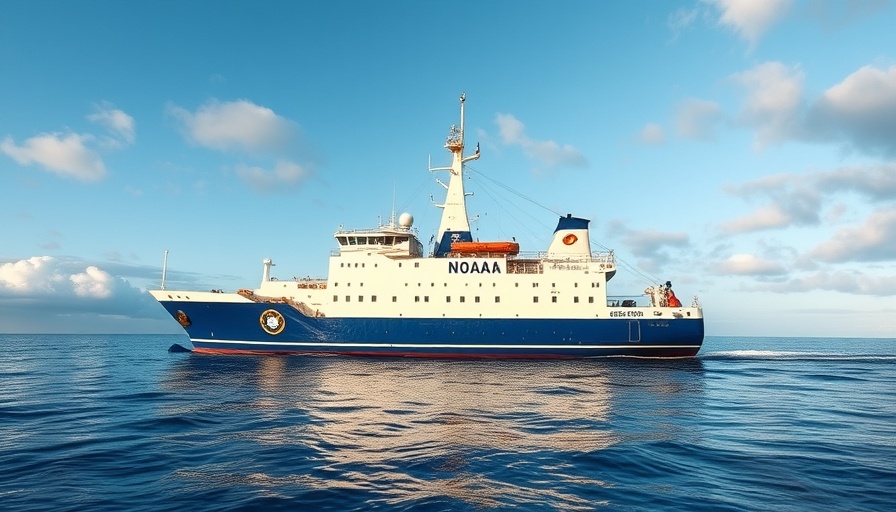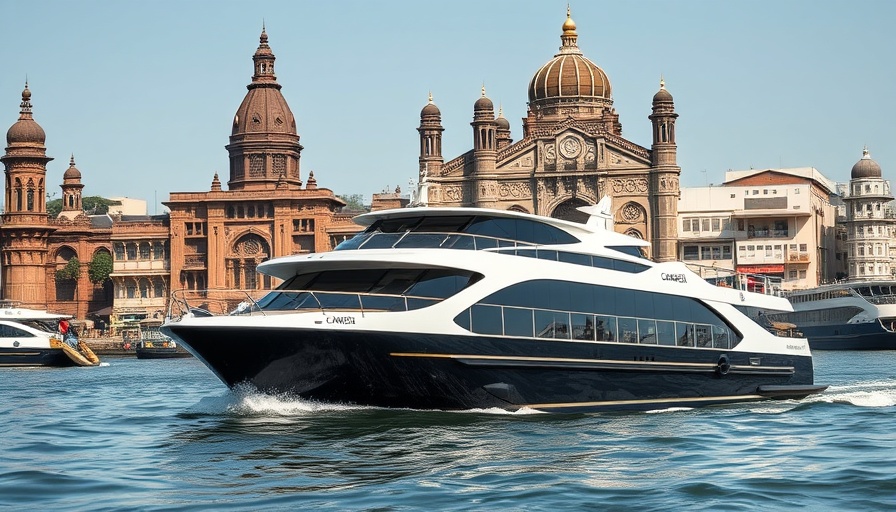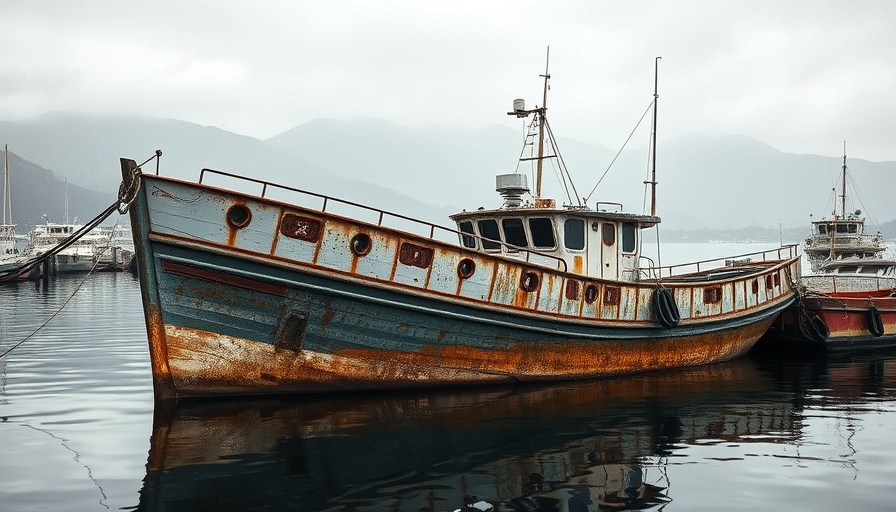
The Significance of the NOAA Ship Oscar Dyson Contract
In a noteworthy move for Alaska's maritime industry, JAG Alaska Inc. has secured a $95.4 million contract from the National Oceanic and Atmospheric Administration (NOAA) to upgrade the research vessel Oscar Dyson. This investment not only emphasizes the importance of maintaining reliable research infrastructure but also supports local employment and the broader Alaskan economy.
Deepening Alaska's Commitment to Marine Research
The Oscar Dyson, first commissioned in 2005, is an ultra-quiet fisheries survey vessel that plays a crucial role in conducting essential research on fish populations, marine mammals, and birds in Alaskan waters. As one of the largest commercial fisheries in the world depends on precise data regarding Alaska pollock, ensuring that the Dyson remains operational is vital for sustainable fisheries management. This extensive contract reflects NOAA's commitment as well as the emphasis on modernizing maritime operations to meet future demands.
Innovative Upgrades for Enhanced Capabilities
The maintenance and upgrades designated include replacing the propulsion system with advanced Tier 4 generators and quiet air conditioning motors. These changes aim to enhance the ship’s fuel efficiency and operational safety, which are critical in environments subject to changing climatic conditions. As Rear Adm. Chad Cary emphasizes, such modernization efforts are necessary for the ship to support NOAA’s evolving research missions effectively.
Supporting Local Economies During Maintenance
Given the significant budget of this contract, the project is likely to create a substantial number of jobs for Alaskans, a critical element of investment in the local shipyard economy. Alaska Senator Lisa Murkowski expressed enthusiasm over the contract, highlighting the importance of supporting small shipyards that contribute to the blue economy, particularly during the impending maintenance period for the Dyson.
Seamless Transition During Renovation
To minimize disruption during repairs, NOAA has initiated modifications to other vessels like the NOAA Ship Bell M. Shimada, ensuring that critical research continues uninterrupted. These plans highlight NOAA's proactive measures to backfill for the Dyson, maintaining a seamless collection of vital scientific data even during the ship’s downtime.
Implications for Future Fisheries Research
As climate change and environmental dynamics influence marine ecosystems, the data collected by vessels like the Oscar Dyson become increasingly important. Alaska Senator Dan Sullivan noted that keeping the vessel's maintenance close to home ensures that it can promptly return to work, continuing to provide insights that are crucial for managing and sustaining Alaska's fisheries.
Conclusion: A Step Toward Future-Readiness
In sum, the $95.4 million contract awarded to JAG Alaska Inc. for updates on the NOAA Ship Oscar Dyson reflects a crucial investment in marine research infrastructure. With the anticipated enhancements, the ship stands to play an even more vital role in supporting sustainable fisheries and scientific research in Alaskan waters. As NOAA prepares for the future through these efforts, the implications extend beyond just repaired vessels; it emphasizes a commitment to both scientific rigor and the local economy.
 Add Row
Add Row  Add
Add 




 Add Row
Add Row  Add
Add 

Write A Comment